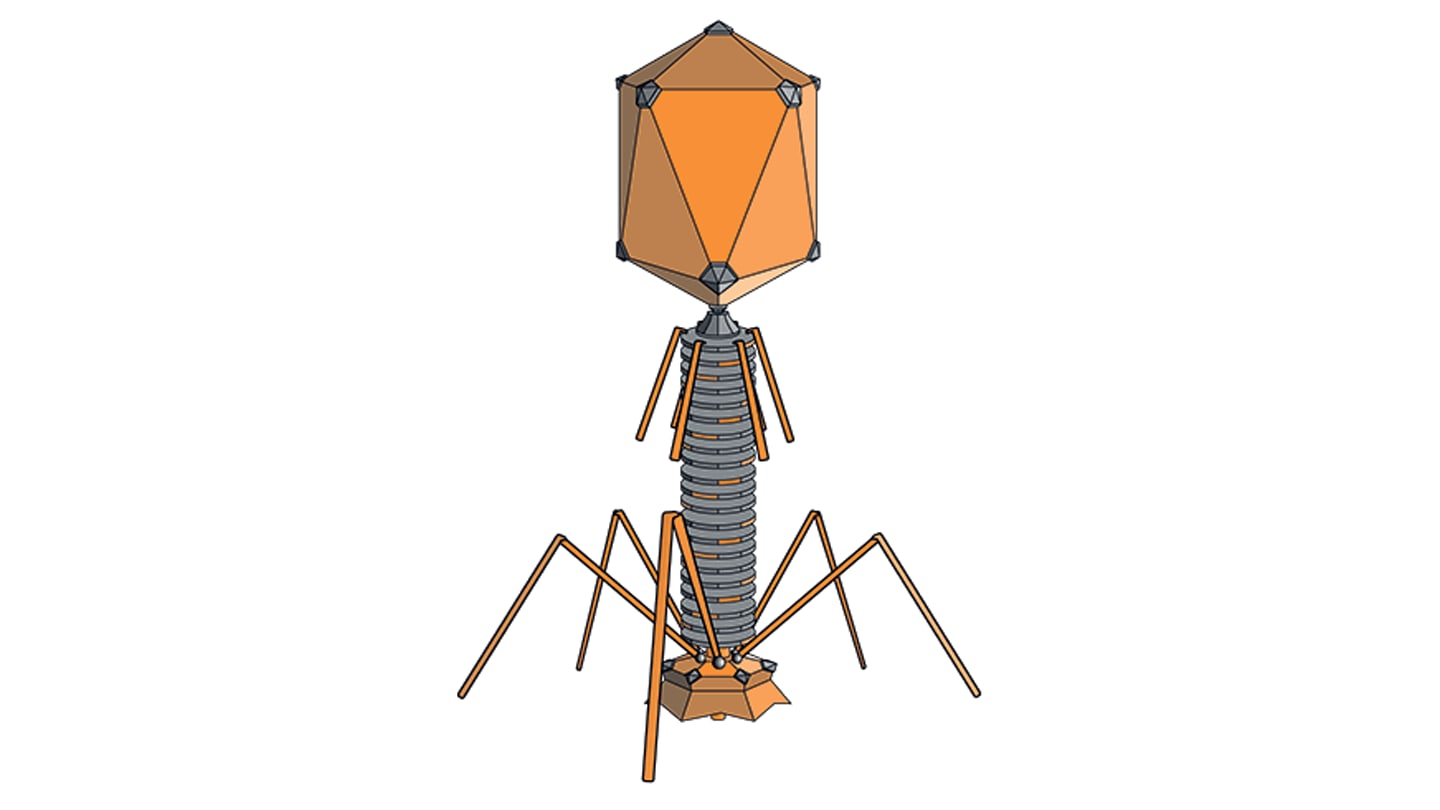
Researchers have voiced concern over the future of mRNA vaccine development in response to the recent decision in the US to cut federal support for the technology. In a commentary published in The Lancet Microbe, the authors describe the move as a setback that risks stalling progress made during and after the COVID-19 pandemic.
The paper was prompted by the August 2025 announcement from the US Department of Health and Human Services to withdraw around $500 million in Biomedical Advanced Research and Development Authority contracts. The cuts affected 22 projects, including vaccine candidates targeting pandemic influenza strains, respiratory syncytial virus, second-generation pan-coronavirus vaccines, COVID-19 boosters, and early-stage bacterial and parasitic vaccines.
“The history of mRNA vaccine technology is one of scientific ingenuity and perseverance, built over decades of incremental advances,” wrote the authors. “The progress of a nucleoside-modified mRNA vaccine from design to regulatory approval and global rollout within a single year of the pandemic’s declaration was both revolutionary and unprecedented.”
However, misinformation and controversy around vaccines has been rampant. Multiple studies have confirmed the safety of mRNA vaccines, but distrust is high in some political corners. “No vaccine is entirely free from side-effects, and the transient, albeit sometimes uncomfortable, reactogenic immune responses elicited by vaccines can heighten anxiety and fuel debate on anti-vaccine social media platforms,” say the authors.
The authors urge international funders, vaccine developers, and public health bodies to unite in reaffirming vaccine innovation as a global health priority, while also engaging with US decision makers to advocate for reconsideration of the funding cuts. They suggest five priority areas: diversifying funding sources, strengthening regional manufacturing hubs, investing in fundamental science, countering misinformation, and advancing alternative platforms in parallel with mRNA.
They write: “The global mRNA research community now faces an urgent dual challenge: securing alternative funding and preserving the momentum built in advancing the platform over the past 5 years. Without coordinated action, there is a real risk of eroding the collaborative, evidence-based global vaccine ecosystem that emerged in the wake of COVID-19.”
While the US is scaling back its mRNA efforts, other countries are stepping up. The EU and UK have both reaffirmed their commitment to advancing mRNA vaccine development through Horizon Europe and domestic innovation programs – with the goal of sustaining research momentum and ensuring Europe remains positioned to respond to future outbreaks. In the Global South, countries linked to the World Health Organization’s technology transfer hub have redoubled their efforts, with signals of new partnerships being sought with philanthropic foundations and non-Western governments.
The authors conclude in their commentary: “Sustained, coordinated investment in mRNA and complementary platforms is not only a scientific necessity but also a moral imperative, to ensure that the world remains united and prepared for any epidemics and pandemics in the future.”
The commentary is open access and can be read here.




